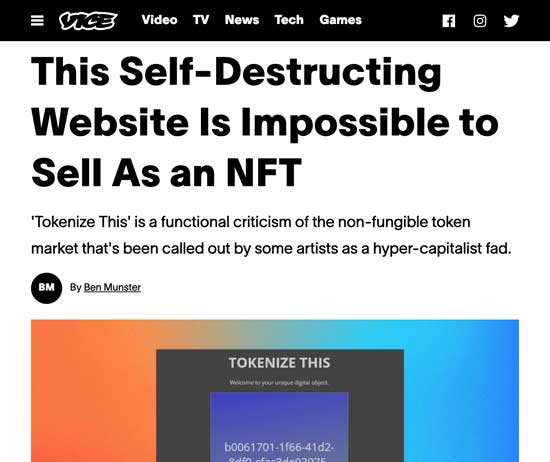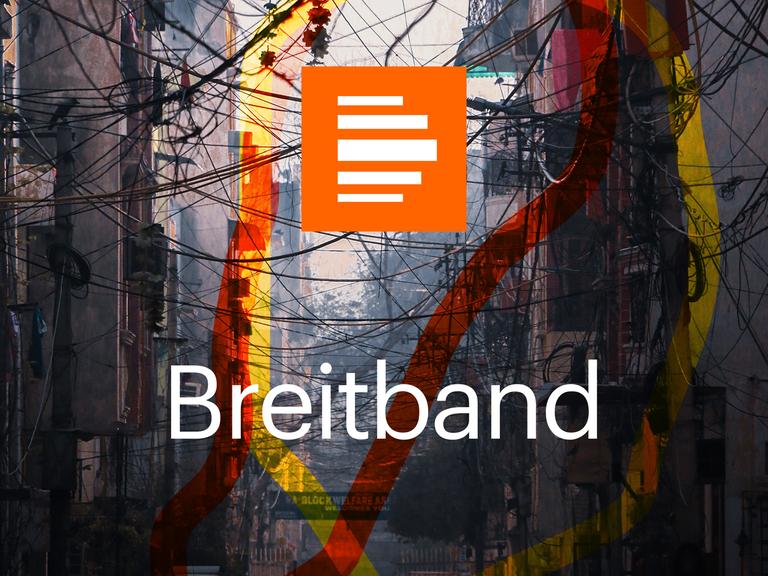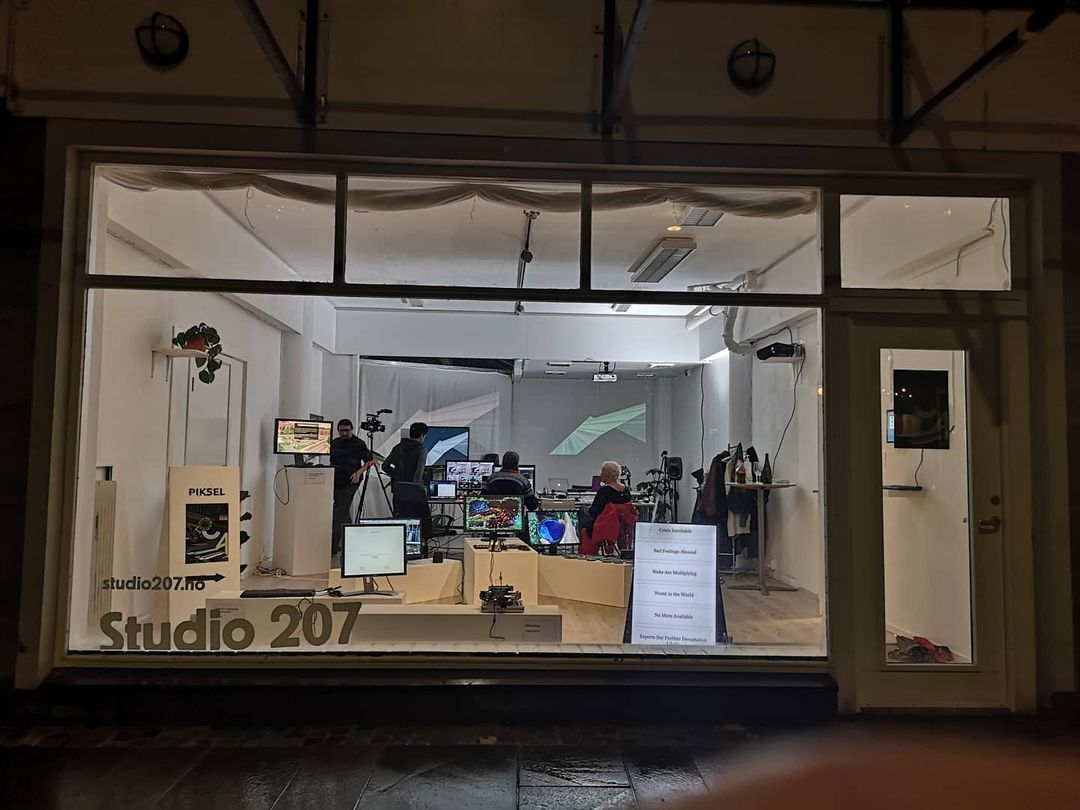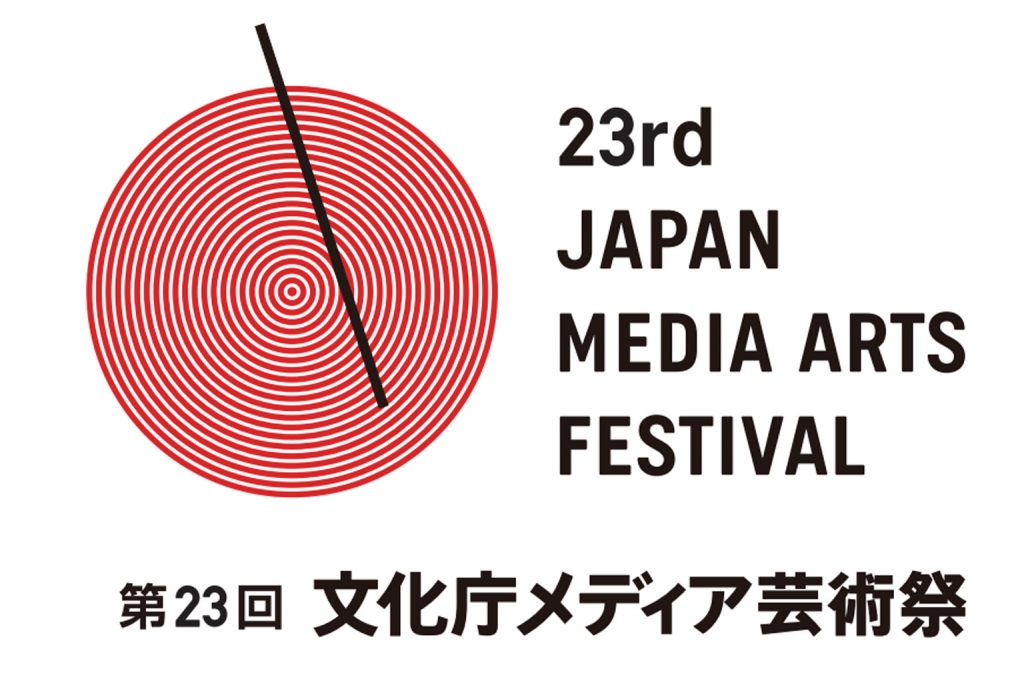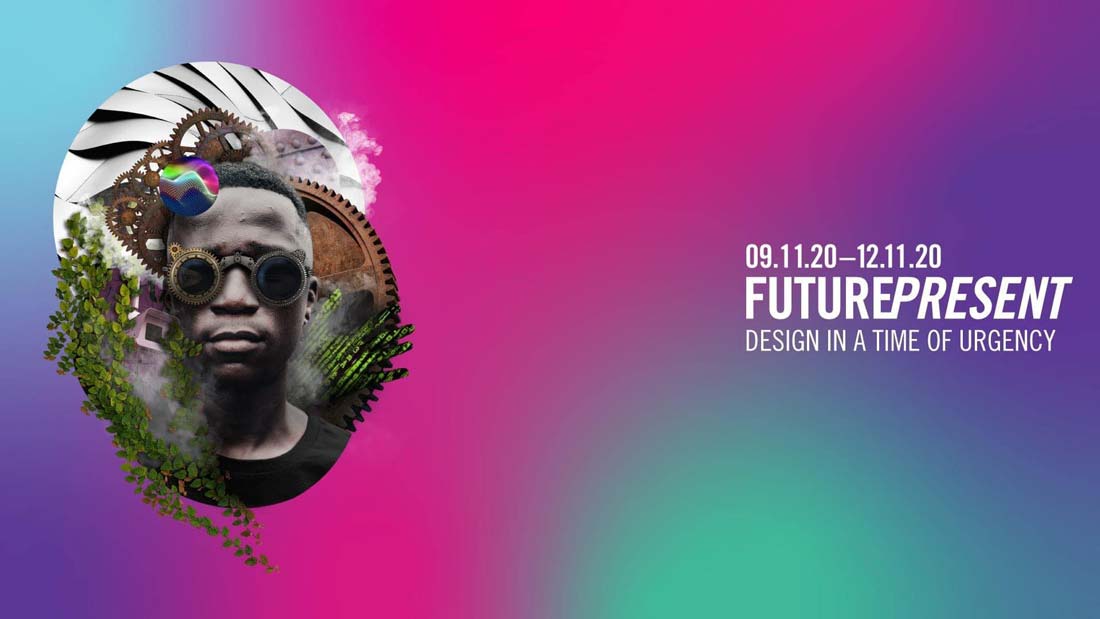I spoke with Anna Nacher, Scott Rettberg, and Soren Pold as part of their documentary film COVID E-LIT: Digital Art During the Pandemic. In their words: “COVID E-LIT: Digital Art During the Pandemic follows sixteen digital artists’ experiences of the early COVID-19 pandemic throughout the United States, South America, and Europe. Through interviews with each artist, the documentary explores how measures taken to control the pandemic affected their artistic practice, ability to engage collaborators and audiences, daily life, and – most crucially – the subjects of the art they produced.”
You can watch the full film above. They also published a curatorial statement about the film at Electronic Book Review.
